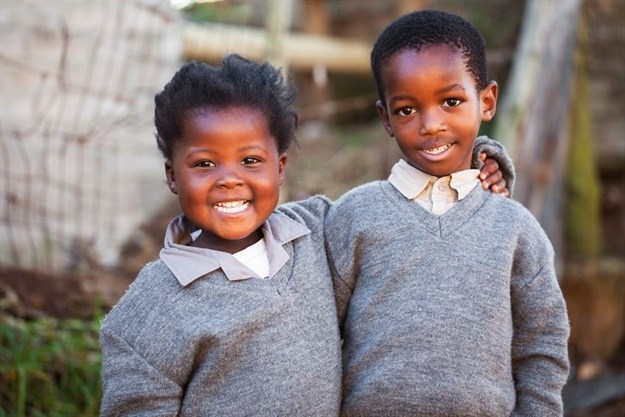Trending
Elections 2024
Jobs
- ETQA Administrator George
- Program Coordinator Cape Town
- Online English Teacher - Native Speakers Johannesburg
- Student Recruitment Officer Durban
- Programme Coordinator Post Graduate Studies Durban
- Contract Teaching Practice Assessors Johannesburg
- Lecturer: Computer Science- Programming (Part-Time) Port Elizabeth
- Administrative Assistant Cape Town
- ICT Support Port Elizabeth
- Senior Lecturer - Editing (Fiction) Johannesburg
Preparing children for the fourth industrial revolution

“We need to do more, work harder and establish greater system efficiencies in the first five years of schooling if we are to rise to the international standards prescribed as minimum benchmarks for reading comprehension, mathematics and science,” said President Ramaphosa.
The President made these remarks at the Basic Education Department’s Lekgotla in Boksburg on Monday.
The lekgotla is a platform for researchers and experts to present their findings on pertinent education issues affecting the country.
Delivering the keynote address, President Ramaphosa called on the basic education sector to focus on a number of critical areas which include:
- early childhood development;
- developing and implementing a comprehensive strategy on improving reading;
- promoting inclusivity, efficiency and quality;
- strengthening care and support for learners; and
- developing capabilities in data analytics, coding, the internet of things and block chain technology.
“It is at the basic level of education where we must inculcate and embed the culture of learning; where we must produce children who are obsessed with consuming existing knowledge and create a burning desire among them to produce new knowledge,” said President Ramaphosa.
The President said by preparing children to excel from an early age, especially in the priority areas of science, technology, engineering, arts and mathematics, South Africa will better prepare them for the fourth industrial revolution.
To ensure that South Africa is on the right path, President Ramaphosa emphasised the need for an even distribution of quality teachers across the country.
“Getting quality teacher development to be more equitably distributed across the system is something that will not happen automatically or by accident.
“It needs careful and deliberate planning, and a proper sense of the various incentives – both financial and non-financial – which influence the choices teachers make,” he said.
President Ramaphosa also called on the basic education sector to promote flexible learning pathways that ease the transition between all educational levels.
These include early childhood development, primary and secondary education, technical-vocational and technical-occupational education and training, as well as higher education and training.
The President highlighted a General Education Certificate – or GEC – at a level below Grade 12 as one change which is likely to greatly facilitate the pathways between schools and colleges.
“Apart from facilitating the transition from school to college, a GEC would address the current problem of hundreds of thousands of young people leaving education completely each year, with no national qualification with which to navigate the labour market,” said the President.
Source: SAnews.gov.za
SAnews.gov.za is a South African government news service, published by the Government Communication and Information System (GCIS). SAnews.gov.za (formerly BuaNews) was established to provide quick and easy access to articles and feature stories aimed at keeping the public informed about the implementation of government mandates.
Go to: http://www.sanews.gov.za













